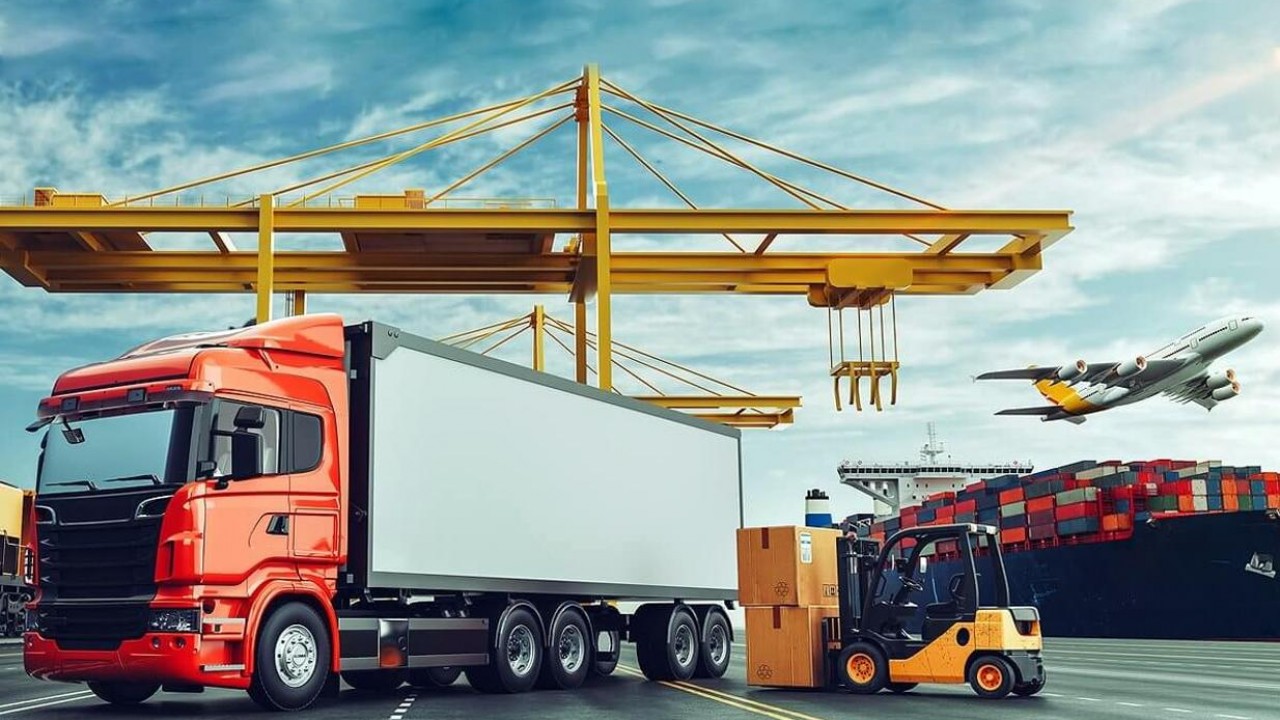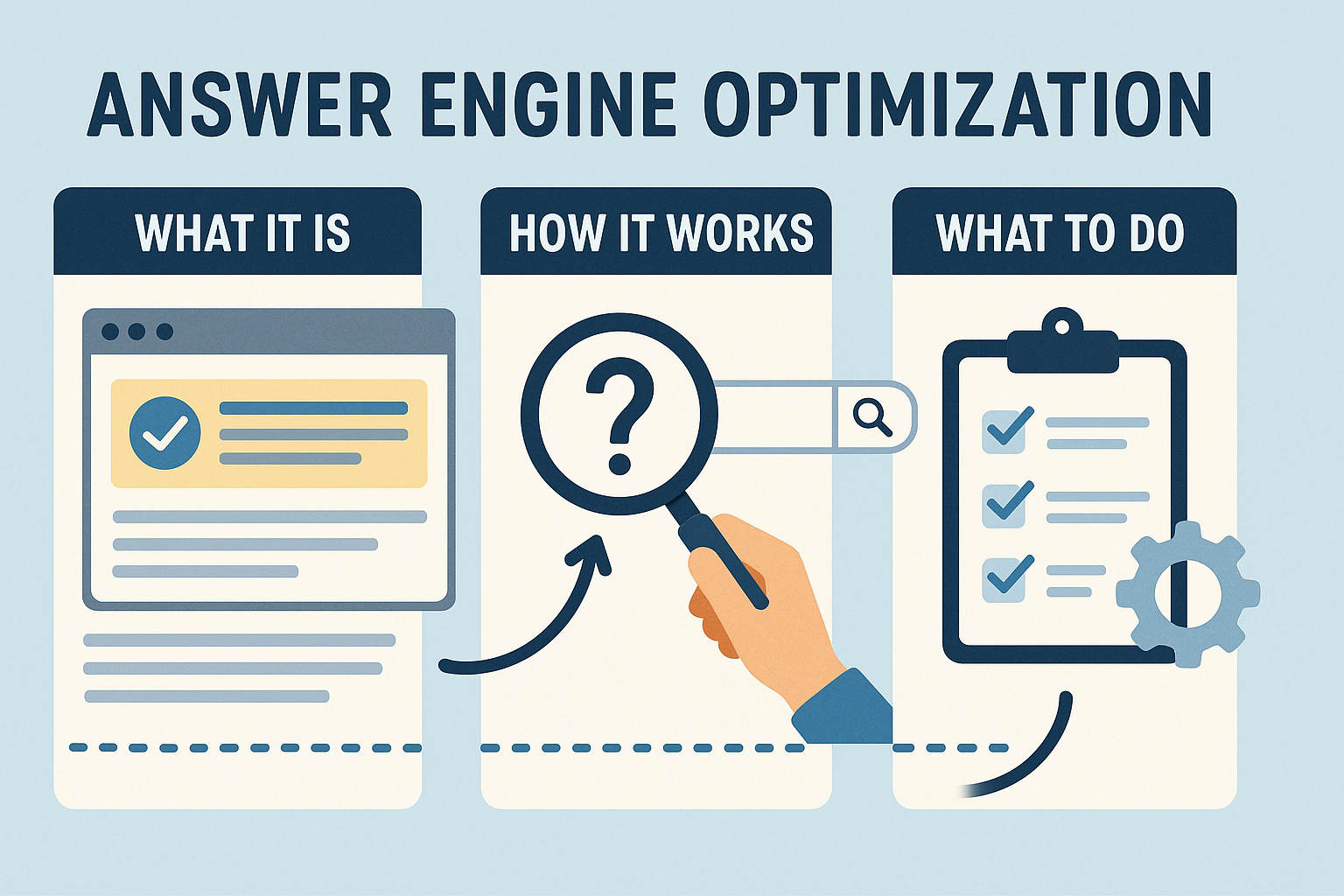Key Takeaways
- Integrated logistics support (ILS) is essential for lifecycle system readiness and sustainability.
- Integrated logistics services offer critical execution-level support in complex environments.
- A proactive obsolescence management plan reduces risk, cost, and operational downtime.
- IRIDIUM provides a strong example of non-promotional ILS excellence.
- Combining human expertise and emerging tech enhances modern logistics strategies.
Integrated Logistics Support: A Backbone of System Readiness
In today’s dynamic operational environments, integrated logistics support plays a pivotal role in sustaining high-value systems. It encompasses a comprehensive approach that integrates design, maintenance, documentation, personnel training, and supply support across the full lifecycle of a product. The goal is singular maximizing system uptime while minimizing cost and inefficiencies.
Whether in defense, aerospace, transportation, or manufacturing, ILS transforms logistical complexity into coordinated, responsive action.
Core Components of a Strong Integrated Logistics Strategy
1. Maintenance Planning
Systems must be maintainable with well-structured schedules, resources, and tools to ensure uptime.
2. Support Equipment
All tools and equipment used for diagnostics and repair must be integrated into the support infrastructure.
3. Technical Documentation
Clear instructions for maintenance, repair, and operation help ensure accuracy and efficiency.
4. Supply Support
Logistics support is only as good as the availability of parts. Forecasting and inventory planning ensure continuity.
5. Training Programs
Highly skilled operators and maintainers result from tailored training aligned with system needs.
6. Infrastructure
Facilities must support repair, overhaul, and long-term storage to avoid logistical bottlenecks.
7. IT and Software Systems
Centralized databases and platforms help logistics teams manage data, performance, and decision-making.
8. Lifecycle Cost Analysis
Understanding the long-term cost impact of support decisions ensures fiscal sustainability.
Transforming Plans into Action with Integrated Logistics Services
Integrated logistics services bring strategic planning into operational reality. These services handle implementation, technical support, provisioning, and real-time maintenance.
What These Services Provide:
- In-the-field repair and sustainment operations
- Configuration and change management
- End-to-end provisioning and support
- Supply chain logistics and warehousing
- Real-time diagnostics and performance tracking
- Custom support software
Mitigating Risk with an Obsolescence Management Plan
As technology evolves, system components risk becoming obsolete. An effective obsolescence management plan identifies and mitigates these risks early.
Key Practices Include:
- Tracking supplier viability and product lifecycle status
- Forecasting obsolescence using predictive analytics
- Planning last-time buys and establishing buffer inventories
- Identifying alternatives or redesigns
- Coordinating with OEMs and component suppliers
People as the Power Behind ILS Execution
Behind every robust logistics plan is a team of experts who ensure that strategy translates into supportable, functioning systems. These individuals bridge engineering, operations, and logistics.
An excellent contextual overview is provided in this article on ILS roles by IRIDIUM. It sheds light on how logistics professionals maintain system readiness by organizing data, ensuring compliance, and coordinating across departments.
They help:
- Maintain current documentation
- Conduct cost-benefit analysis
- Track system readiness across the lifecycle
Innovations Fueling Next-Gen Integrated Logistics Support
Today’s ILS programs are more technologically advanced than ever. New tools and digital capabilities have enhanced decision-making, predictive maintenance, and performance tracking.
Emerging Technologies Include:
- AI and Machine Learning: For failure prediction and scheduling optimization
- IoT Sensors: For real-time equipment monitoring
- Digital Twins: Simulate operations and forecast logistical scenarios
- Blockchain: Ensure secure, traceable transactions
- Cloud-Based Platforms: Improve access and collaboration among stakeholders
IRIDIUM’s Model of Integrated Logistics Support
IRIDIUM integrated logistics solutions (ILS) sets a standard in delivering full-spectrum logistics programs. Their systems support lifecycle management from concept to disposal without unnecessary complexity.
IRIDIUM supports customers by:
- Driving reliability through data-based decisions
- Reducing lifecycle costs through efficient planning
- Providing adaptable solutions to avoid obsolescence
- Enhancing support through modular and scalable systems
Steps to Build an Effective ILS Program
Step 1: Define Lifecycle and Mission Requirements
Understand operational environments and performance goals early.
Step 2: Conduct a Full Logistics Support Analysis (LSA)
Establish required logistics elements, tasks, and systems.
Step 3: Develop Training and Documentation Assets
Create resources tailored to workforce needs and real-world scenarios.
Step 4: Plan Preventive Maintenance and Supply
Design schedules, acquire spares, and align logistics support infrastructure.
Step 5: Implement and Monitor
Use field feedback to refine, optimize, and adapt the logistics framework.
Applications Across Industries
Defense and Aerospace
ILS ensures fighter jets, UAVs, and satellites stay operational with minimized downtime and maximum availability.
Transportation and Infrastructure
Public transit systems rely on ILS to reduce delays, avoid equipment failures, and improve rider safety.
Energy and Utilities
ILS protects energy distribution networks from breakdowns caused by aging infrastructure or obsolete technology.
Healthcare Systems
Medical equipment needs consistent upkeep and support to meet critical care standards, enabled by comprehensive ILS.
Strategic Benefits of Integrated Logistics Support
Organizations that embed integrated logistics support into their operations enjoy clear advantages:
- Predictable and reduced lifecycle costs
- High system availability and uptime
- Enhanced user satisfaction
- Better adaptation to changing operational needs
When combined with proactive integrated logistics services and a detailed obsolescence management plan, ILS becomes a strategic differentiator in competitive industries.
Conclusion
In today’s high-stakes operational environments, integrated logistics support forms the foundation for system longevity and efficiency. It ensures that tools, personnel, data, and resources are always aligned and available.
Organizations like IRIDIUM integrated logistics solutions (ILS) provide a blueprint for how thoughtful logistics planning delivers lasting success.
With the right framework, ILS becomes more than a support strategy it becomes a source of long-term competitive strength.
Frequently Asked Questions
Why is integrated logistics support important?
It ensures systems are supportable and maintainable over time, reducing cost and improving uptime.
How do integrated logistics services improve performance?
They provide implementation and field support that convert plans into actionable maintenance and supply readiness.
What is the function of an obsolescence management plan?
To identify at-risk components early and develop strategies for replacement or redesign before failure occurs.


